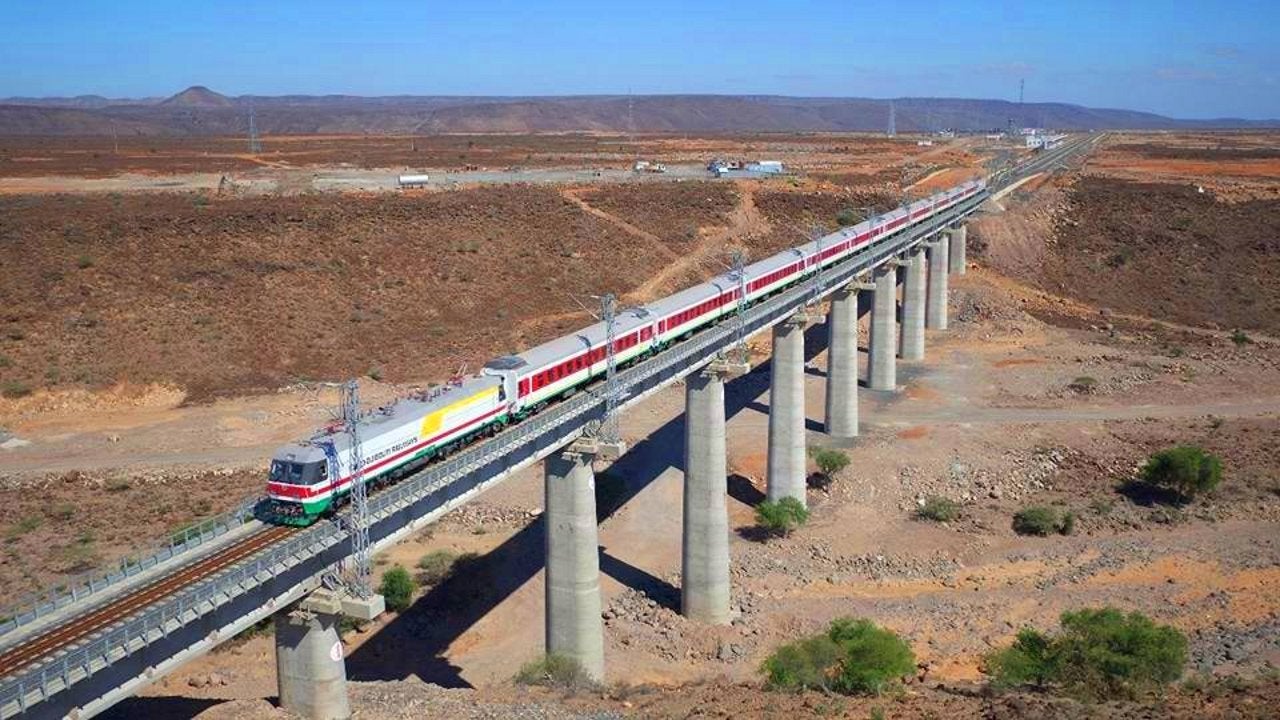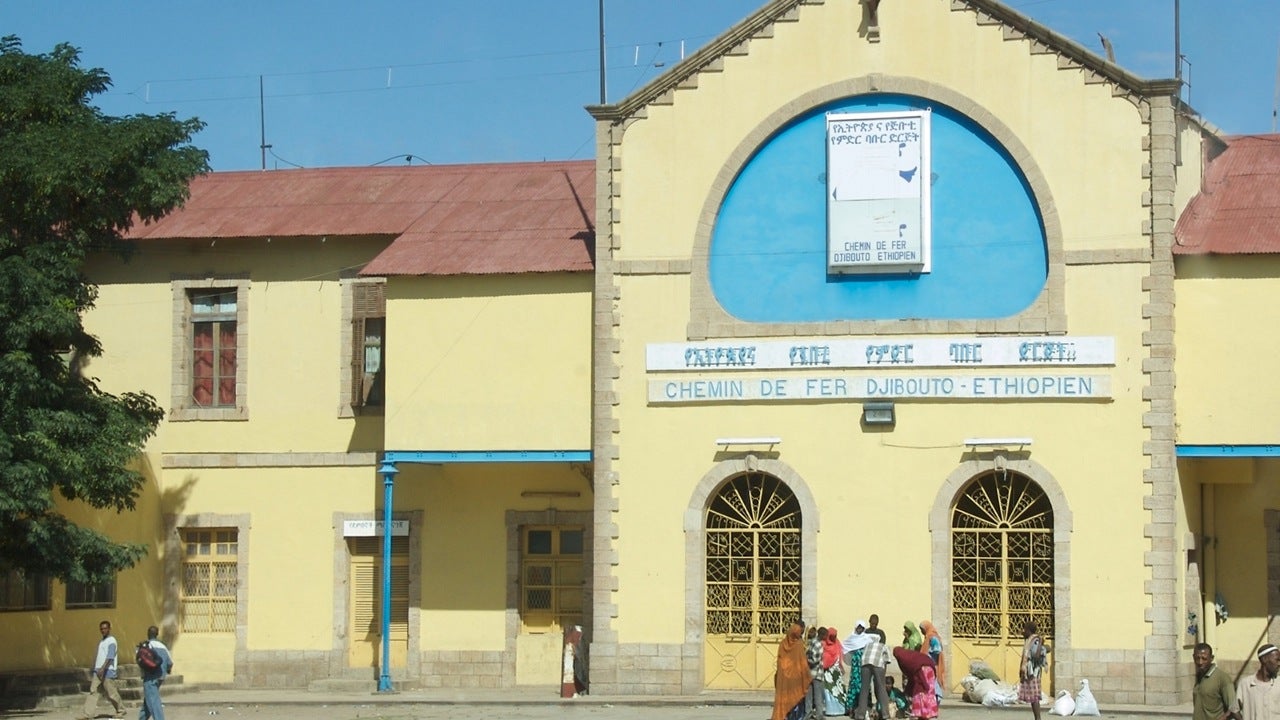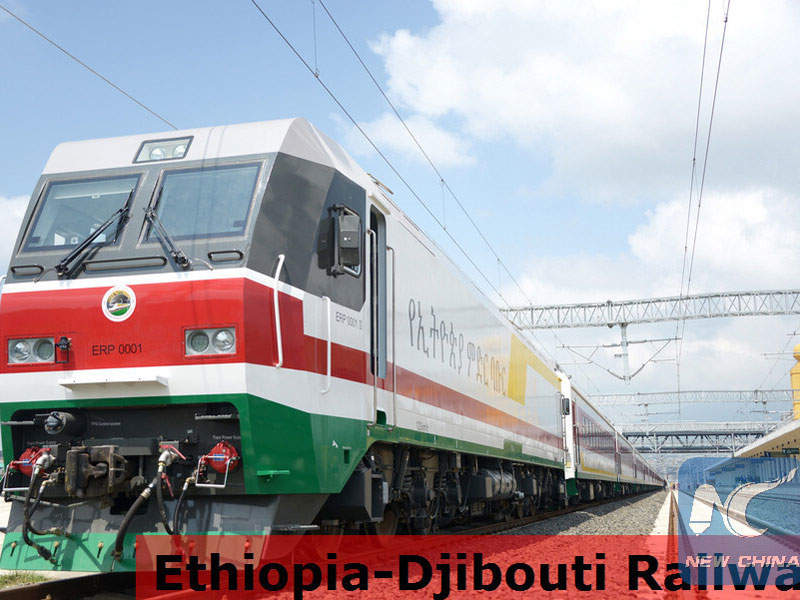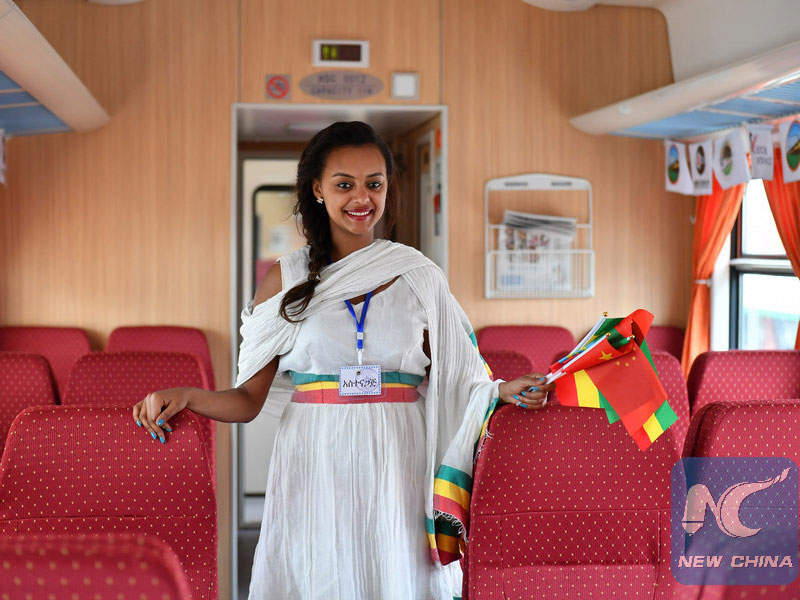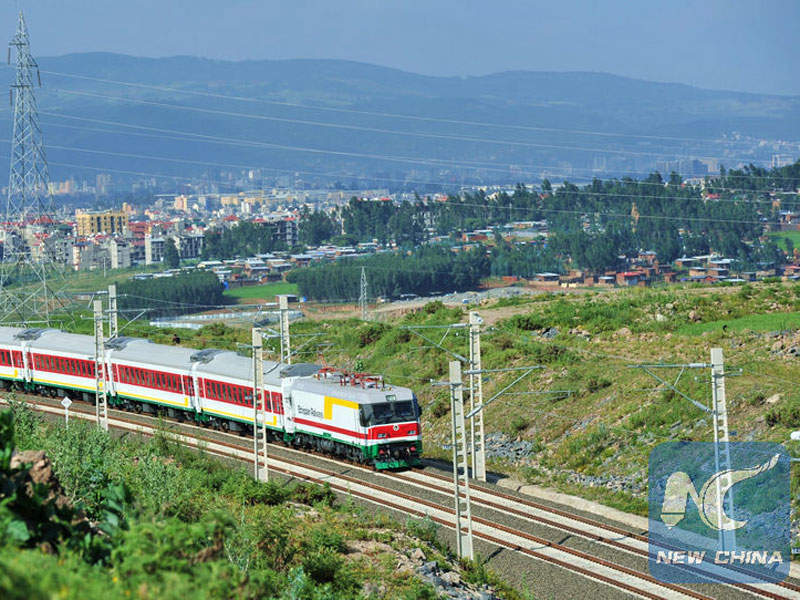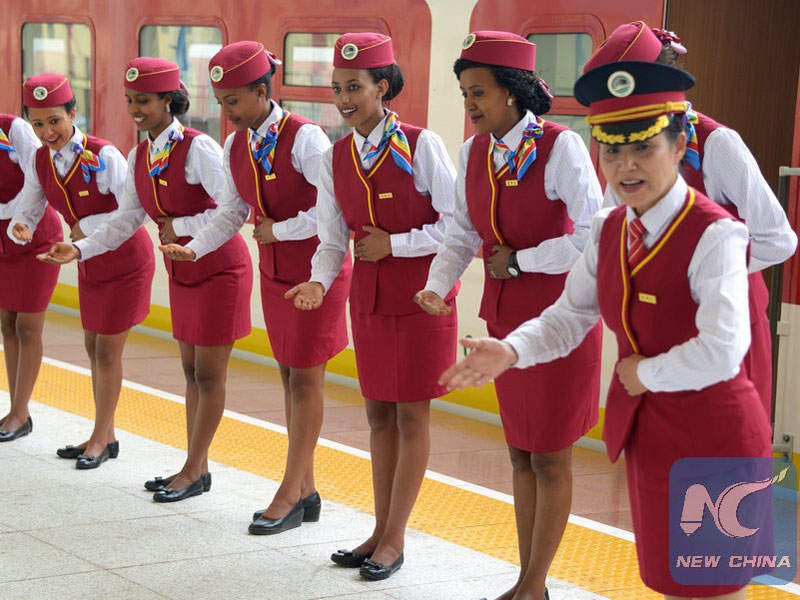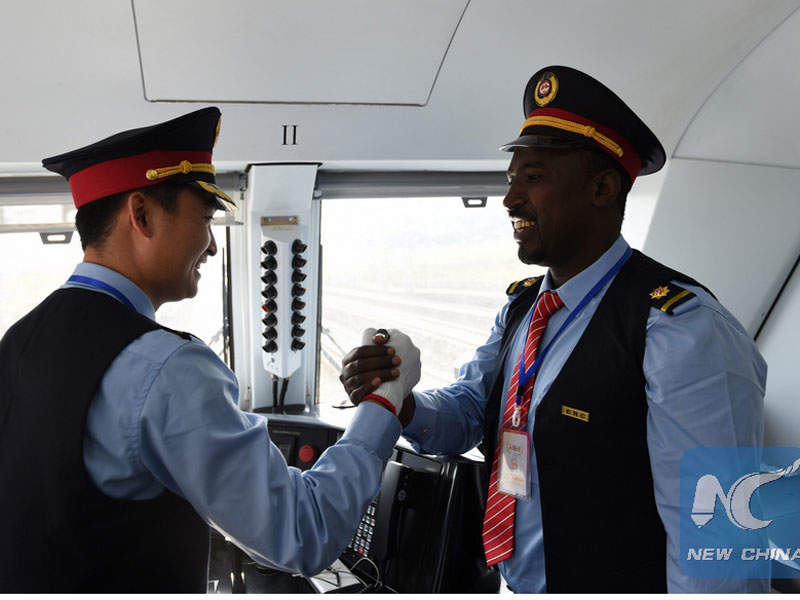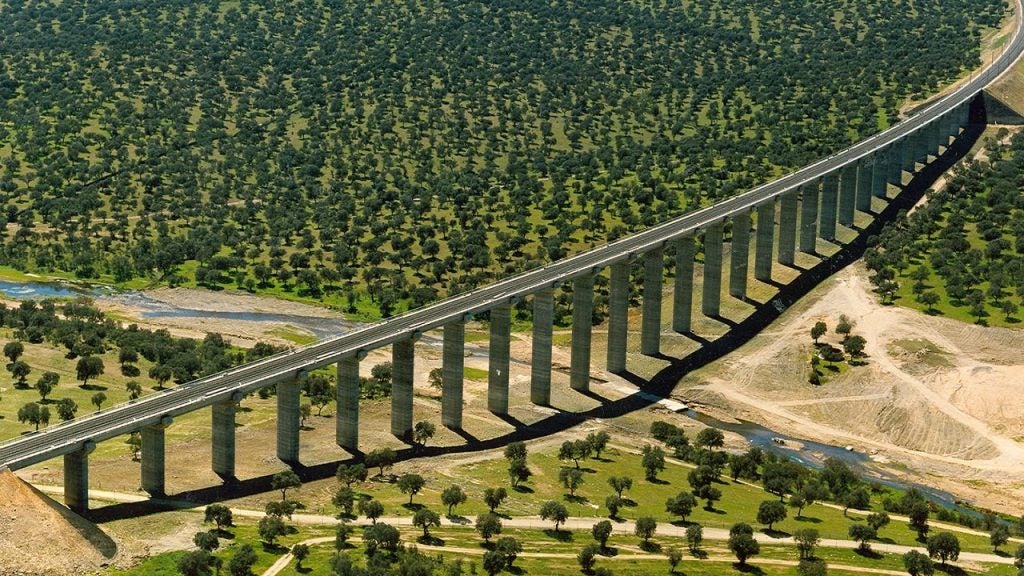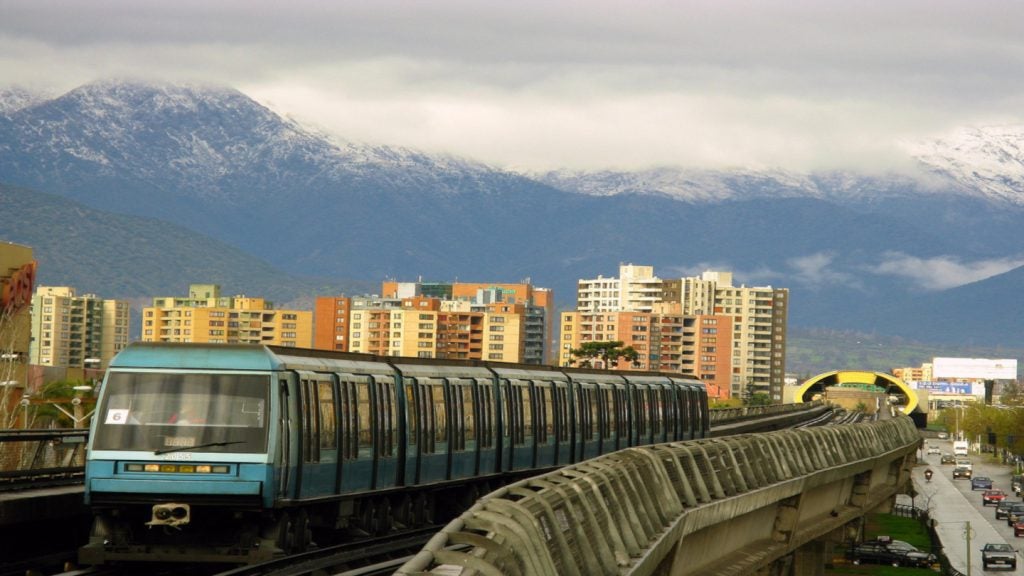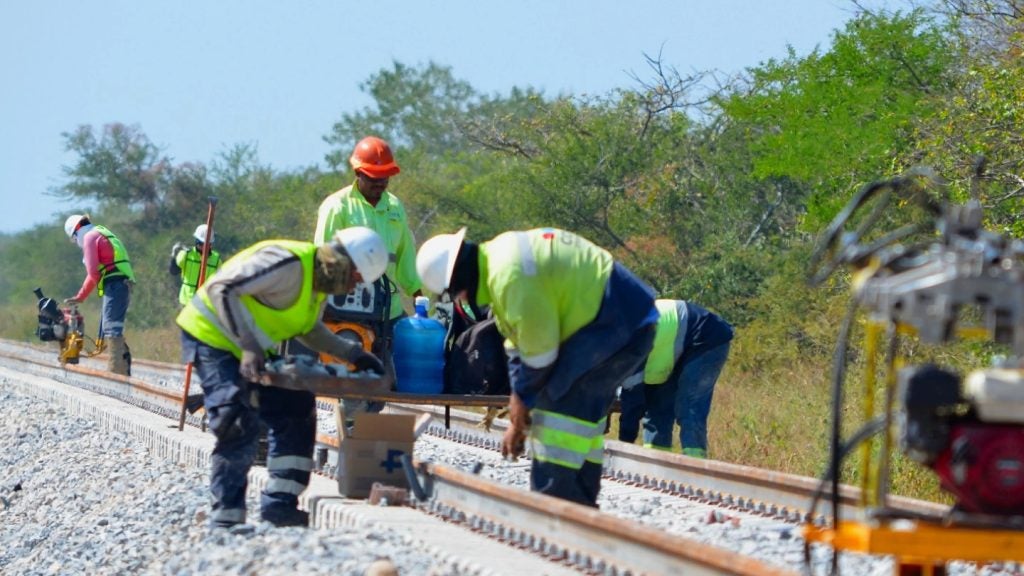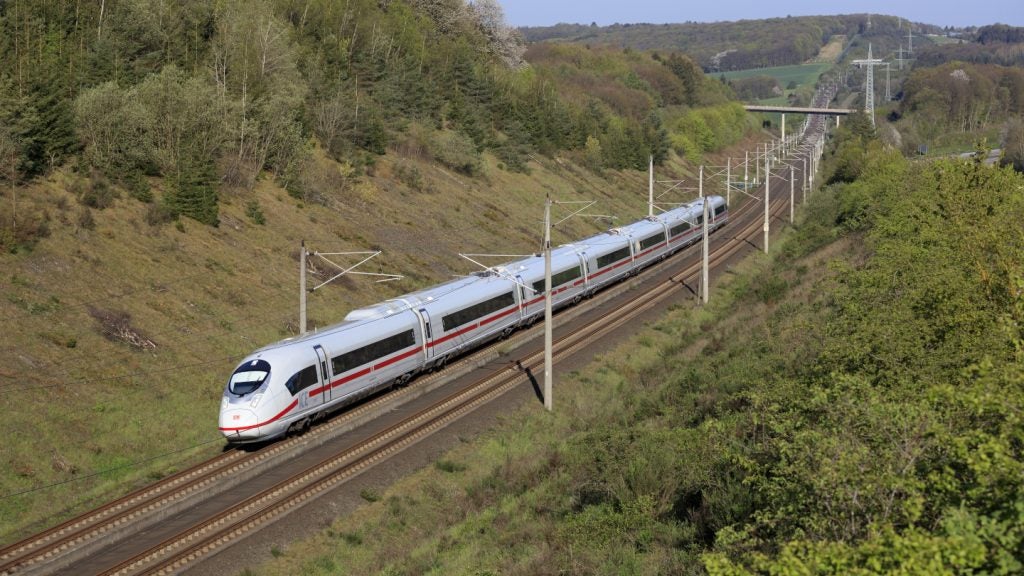The 756km Ethiopia-Djibouti railway modernisation project, also known as the Addis Ababa-Djibouti railway, is the first modern electrified railway line in East Africa.
The project was jointly owned by the governments of Ethiopia and Djibouti and constructed by China Railway Group and China Civil Engineering Construction Corporation (CCECC).
The line was formally inaugurated for passenger services in October 2016, providing landlocked Ethiopia with faster access to the port of Djibouti. However, official commercial operations for both passenger and freight services commenced in January 2018. The Ethiopia-Djibouti railway won acclaim for leveraging the transportation needs of the country in August 2019.
Project background and details of Ethiopia-Djibouti railway line modernisation
The railway connecting Ethiopia with Djibouti via Dire Dawa is a 780km metre-gauge line opened in 1917. It is the only railway line that connects landlocked Ethiopia with Djibouti Port, a major cargo entry point, but deteriorated due to a lack of maintenance and management.
A pre-feasibility study conducted in 2007 highlighted the importance of renovating the line from an economic and financial perspective.
Modernisation involved replacing the metre-gauge section with a 1,435mm gauge line, and electrification at 25kV. Designed to accommodate trains travelling at 120km/h, the new line was constructed in compliance with Chinese electrified railway standards.
Chinese staff were responsible for managing operations on the line for five years, while providing specialist training for local employees.
Construction on Ethiopia-Djibouti railway line modernisation
Construction on the Ethiopia-Djibouti railway project was initiated in 2011. The first freight services on the line began in November 2015. The first train containing 1,125t of international food assistance departed from Djibouti to Ethiopia in December 2015.
The trial service on the Ethiopian section commenced in October 2016, followed by the Djibouti side in January 2017.
It involved laying double-track for the first 115km from Addis Ababa to Adama, and single track for the remaining 600km to Djibouti. The construction employed approximately 20,000 local workers in Ethiopia and 5,000 in Djibouti.
A total of 21 stations were built as part of the Ethiopia-Djibouti railway line project and are equipped with a prayer room apart from ticketing and refreshment facilities.
There are a total of 61 bridges, 37 frame bridges, and 453 culverts along the route.
Rolling stock
CSR Zhuzhou was awarded a contract to provide three passenger and 32 freight electric locomotives for the Ethiopia-Djibouti line in June 2014. The rolling stock consists of first and second-class coaches, dining cars and potentially sleeping cars.
Trains are designed to withstand the region’s adverse conditions, including the 2,000m altitude difference, daytime temperatures up to 50°C and cold nights.
Freight trains operating on the line range from flat-wagons to transport containers.
Financing for the Ethiopian railway line modernisation
The Ethiopia-Djibouti project was constructed with a total investment of $4bn. The Ethiopian section of the line cost $3.4bn, 70% of which was provided by China Exim Bank and 30% by the Ethiopian government.
The Djibouti Government contributed $878m for the project.
Contractors involved
In October 2011, China Railway Engineering Corporation (CREC) was awarded a $1.53bn engineering, procurement and construction (EPC) contract to build the 328.959km railway section between Sebeta / Addis Ababa and Miesso.
China Railway Eryuan Engineering Group (CREEC) was contracted to design the Sebeta-Adama-Mieso section in February 2012.
The contract for a 339km section, stretching from Miesso to Ethiopa’s border with Djibouti, was awarded to China Civil Engineering Construction Corporation (CCECC).
Finally, China Railway Construction Corporation (CRCC) was awarded a $505m contract to build the 100km-long Djibouti section in February 2012.

